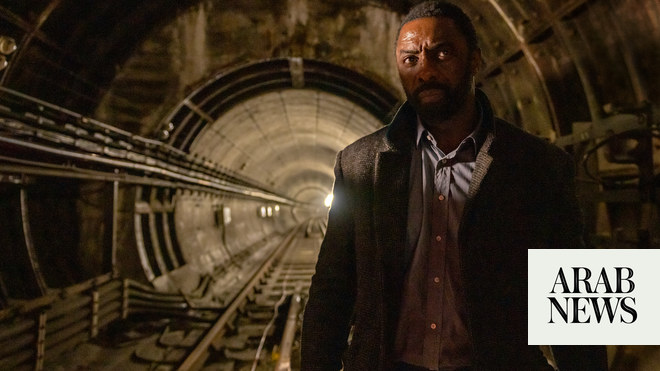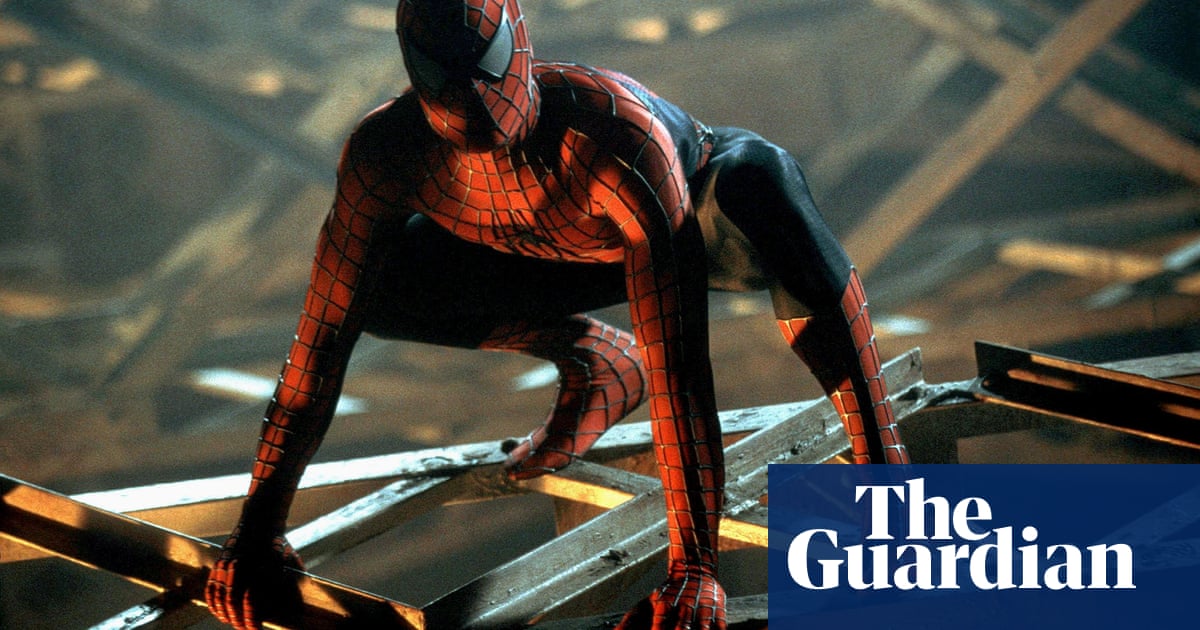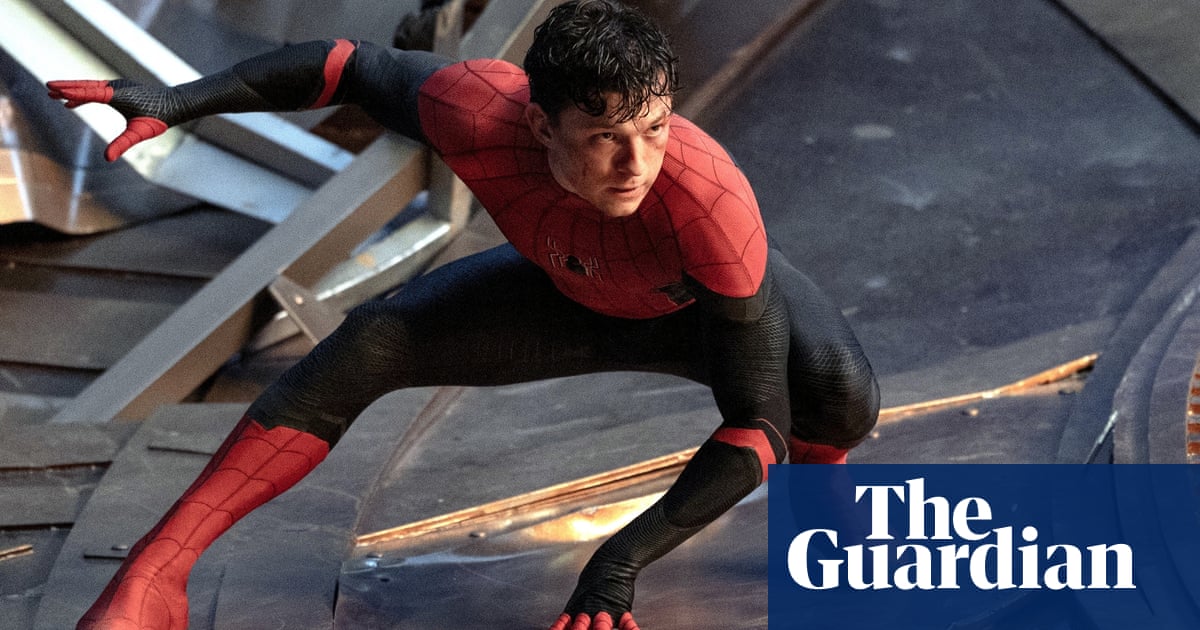
This year has been an experimental one for Marvel. After no big releases in 2020, the Marvel Cinematic Universe (MCU) has branched out into new, fully integrated television shows and hybrid blockbuster releases to sit alongside its main cinema offerings. Much of it has been met with praise and adoration, but more recent releases have failed to capture the imagination in the same way as previous fan favourites.
Since the summer highs of Loki and What If…?, the MCU has been on a downward spiral the likes of which it has never seen before. Black Widow and Shang-Chi are burdened by the weight of two dozen other films bearing down on them, neither feeling completely at ease going off in their own direction. Eternals, which at least tries to offer something more intellectually and emotionally challenging, suffers from being overly detailed and slow.
This meekness is reflected in the box office, which, even allowing for a global pandemic, is disappointing. For the first time since 2014, no MCU release has broken into the top six highest-grossing films of the year globally, with No Time to Die, Fast & Furious 9, and Godzilla vs. Kong sitting comfortably above them. In fact, the most successful Marvel-branded film of the year – Venom: Let There Be Carnage – isn’t even an MCU entry.
Things aren’t much better on the small screen. Hawkeye, centred on the blandest avenger of them all, has reported the lowest viewing figures of any live-action MCU Disney+ series so far. The franchise’s future may still look exciting, but critically and commercially the MCU is more on the ropes than it has ever been.
Hopefully, Spider-Man: No Way Home can swing in to remind everybody what these films can do. The hype for Tom Holland’s third outing as the most iconic of all Marvel heroes (pre-MCU at least) exceeds that of any of the other releases this year. And it desperately needs to deliver.
This is the eighth Spider-Man movie in the past two decades. No Way Home will relish this, using the multiverse as an excuse to bring back villains from the Tobey Maguire and Andrew Garfield-era films, from Willem Dafoe’s Green Goblin to Jamie Foxx’s Electro. While this is cause for excitement, it raises a difficult question: is the MCU so unsure of itself that it feels a need to pander to nostalgia so obviously? This is not an exercise in creative liberty. Instead, it feels like the nervous backup plan of a studio jittery about its continued success. In doing so, the MCU risks shooting itself in the foot, prioritising fleeting thrills and dramatic character returns in place of a story that realises how less can be more.
The plot structure behind MCU films, for so long a large part of their success, also threatens to weigh No Way Home down. The arrival of Dr Strange presents Peter Parker yet again with a pseudo-father figure on whom to unload his personal insecurities and engage in witty banter with. After the Vulture in Homecoming and Mysterio in Far From Home, this is the third time this particular narrative card has been played. Even in the trailers there are unwelcome signs that this is not a role Strange will suit (“let’s Scooby-Doo this crap” is just an awful line). If you are able to sit through No Way Home with a checklist, ticking off such cliches as the potential sacrifice of a loved one, a cheesy villain line, and some awkwardly delivered attempts at humour, you know something has gone very wrong.
As the MCU has grown, so has the need to dive into the lore of previous films, in this case going beyond the single shared universe itself. In Shang-Chi, the reintroduction of Trevor Slattery does little to meaningfully move the story forward. With Eternals, discussions about the Avengers and Thanos feel forced. They could have been removed entirely and the film would not have been any worse for it. Becoming part of an overwhelmingly interlinked series of films and TV shows means that each new movie or series is struggling to stand on its own two feet. There is a lot riding on Spider-Man’s latest outing to move the MCU back on to solid ground, but there are no guarantees that it will.
Hopefully, No Way Home will revitalise a franchise that means so much to so many people. Perhaps it will be a roaring success, alleviating any fears about the quality of the MCU’s future. But if it doesn’t, this could prove to be a serious blow. Almost all of the other releases this year have been partially experimental, introducing new characters and stories. No Way Home is a return to a tried-and-tested fan favourite – or at least that’s the plan. Because if a film starring one of the most iconic superheroes of all time fails to rekindle the MCU’s fire, what will?












